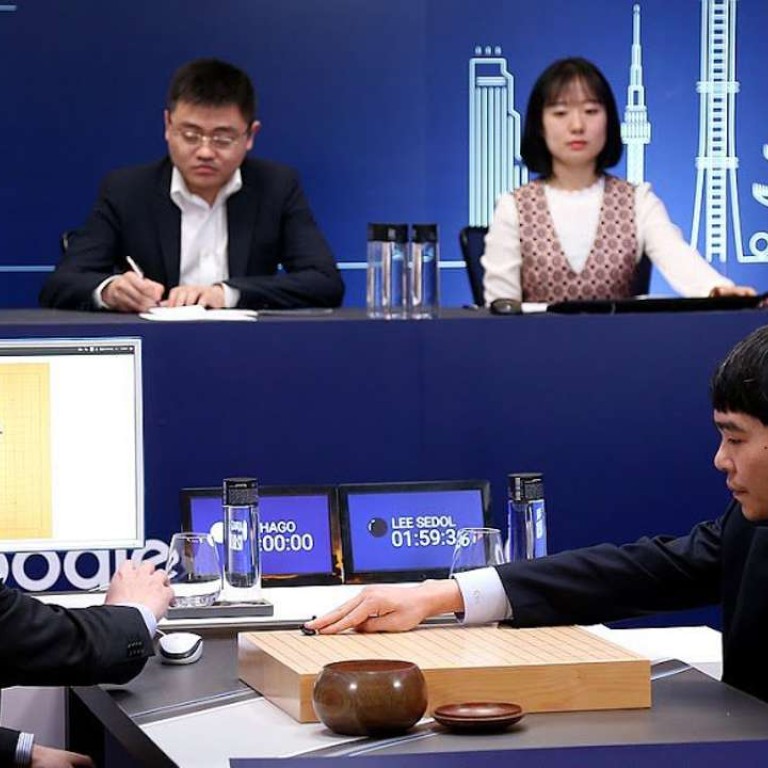
They think it’s all over. It is now. Google computer wins final game against S. Korean Go grandmaster
‘Match of the century’ ends with human opponent left with head in his hands after resigning in the final match
The Google supercomputer AlphaGo won the final game of its five-match challenge against South Korean Go grandmaster Lee Se-Dol on Tuesday, to take the series 4-1.
After Lee managed to pull one back for humanity in game four, AlphaGo returned to its best destructive form, using the much-hyped “intuitive” artificial intelligence (AI) of its formidable neural networks to outwit the 33-year-old Lee.
A visibly upset Lee held his head in his hands at the table after resigning at the end of a five-hour battle.
READ MORE: Game over! Google AI computer wipes floor with South Korean Go champion
It was a disappointing finale for the South Korean who has 18 international titles under his belt and is widely considered one of the greatest Go players of the modern era.
Described as the “match of the century” by local media, the series was closely watched by tens of millions of fans of the ancient board game – mostly in East Asia – as well as AI scientists.

The “machine vs human” element meant the games also made headline around the world, with AlphaGo’s winning performance hailed as a watershed for the future of AI.
The most famous AI victory to date came in 1997, when the IBM-developed supercomputer Deep Blue beat the then-world class chess champion Garry Kasparov.
But Go, played for centuries mostly in Korea, Japan and China, had long remained the holy grail for AI developers due to its complexity and near-infinite number of potential configurations.
AlphaGo uses two sets of “deep neural networks” that allow it to crunch data in a more human-like fashion – dumping millions of potential moves that human players would instinctively know were pointless.

It also employs algorithms that allow it to learn and improve from match play experience.
Its creators, DeepMind, say the technology has far-ranging, real-world applications from making smartphones smarter to health care.
Before the final game, South Korea’s Go Association said it was awarding AlphaGo the highest Go grandmaster rank of “ninth dan”, reserved for those whose ability at the ancient board game borders on “divinity.”

.png?itok=arIb17P0)